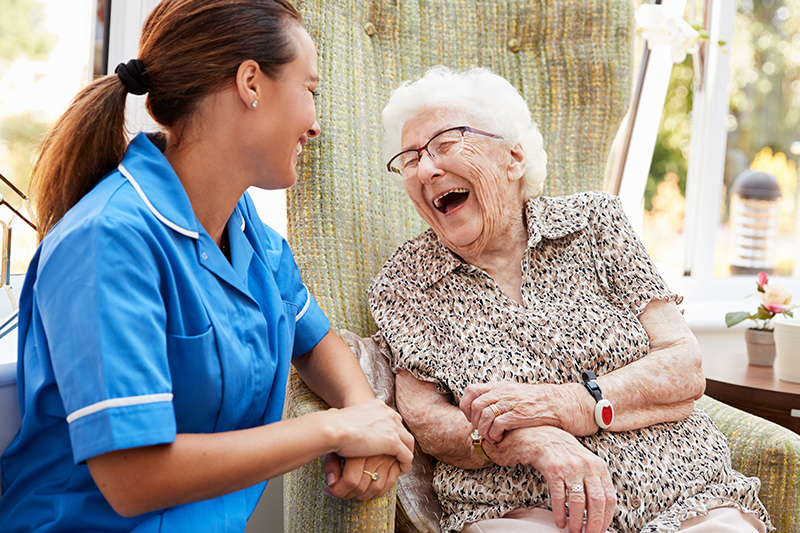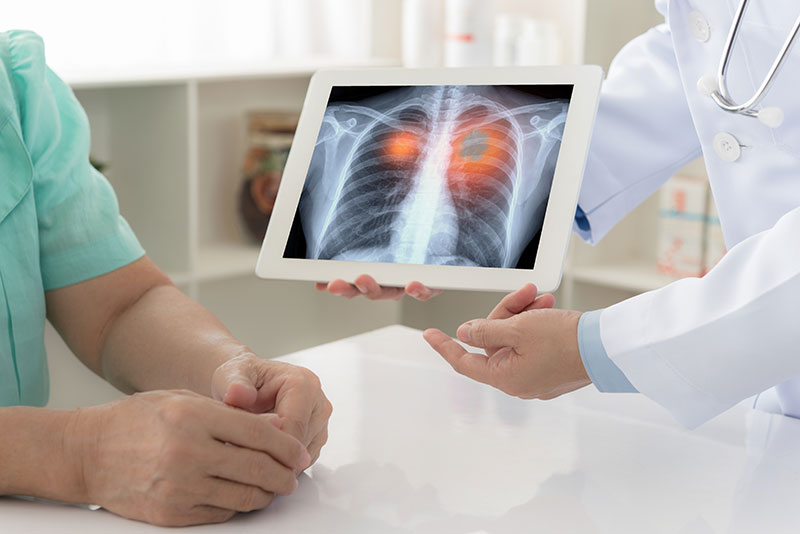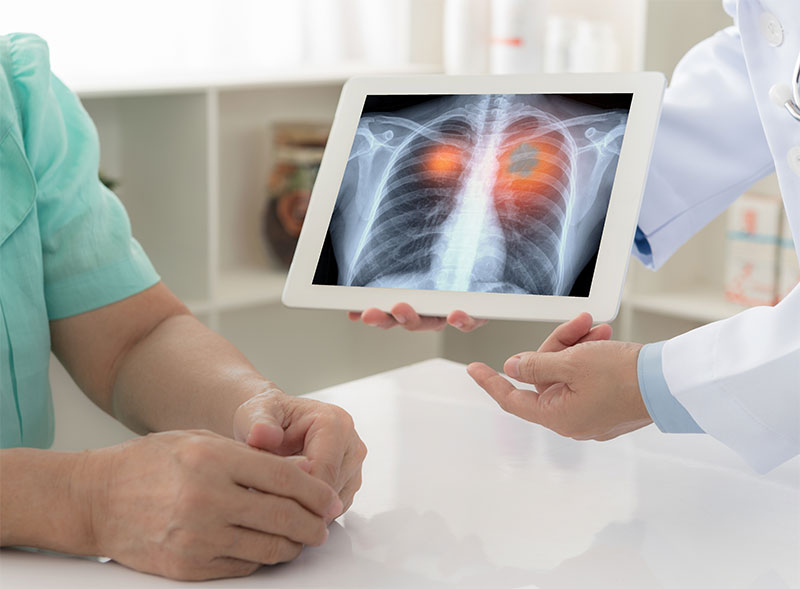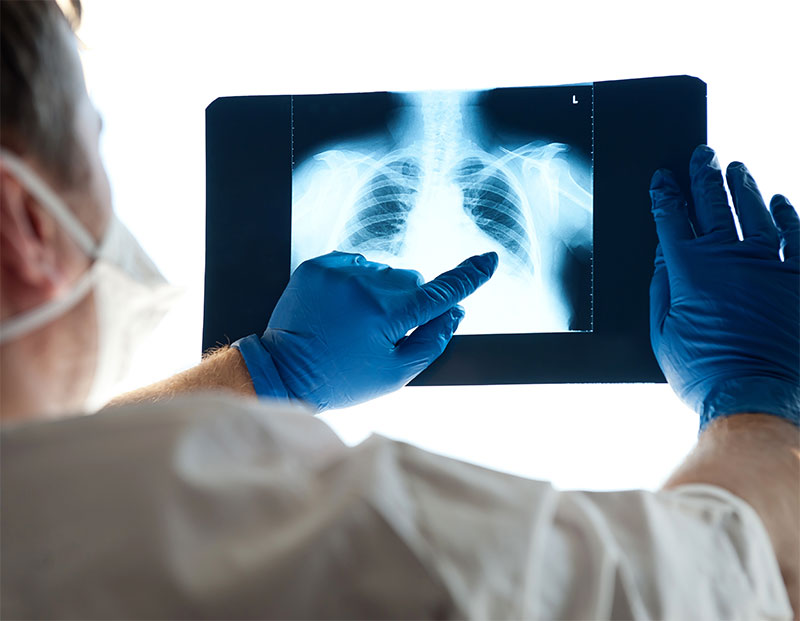
Ensuring Baby Safety: A Guide for New Parents
6 Tips for Keeping Your Baby Safe
1. Safe Sleep Practices: Always place your baby on their back to sleep, and use a firm, flat sleep surface with no soft bedding or toys in the crib. Ensure the room is at a comfortable temperature to avoid overheating.
2. Babyproof Your Home: Conduct a thorough home safety inspection, securing cabinets, covering electrical outlets, and installing safety gates. Keep small objects out of reach to prevent choking hazards.
3. Car Seat Safety: Choose an age-appropriate car seat and follow the manufacturer’s installation instructions meticulously. Ensure the car seat is properly installed and that your baby is securely buckled in every time you travel.
4. Proper Feeding Practices: Always check the temperature of your baby’s food or milk before feeding. Pay close attention during feeding times to prevent choking, and introduce solid foods at the appropriate age.

5. Hygiene and Illness Prevention: Wash your hands before handling your baby, and keep their surroundings clean. Follow a regular vaccination schedule recommended by your pediatrician to protect against preventable diseases.
6. Regular Pediatric Checkups: Schedule regular checkups with a pediatrician at Gulf Coast Health Center to monitor your baby’s health, growth, and developmental milestones. Vaccinations, screenings, and professional guidance are essential for your baby’s well-being.
















































